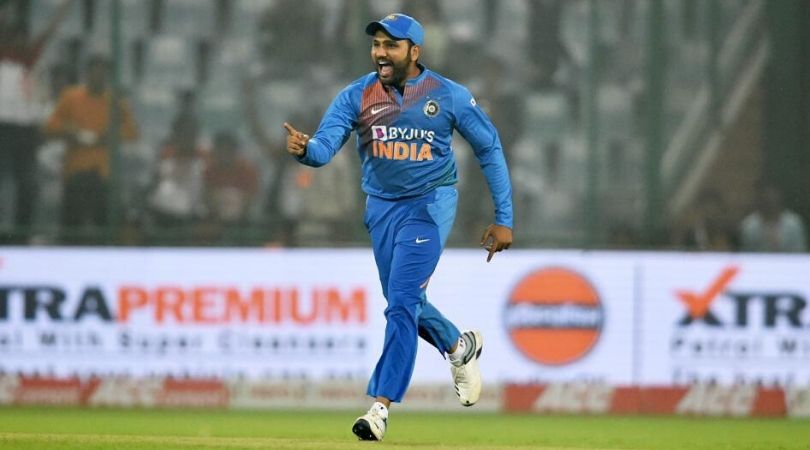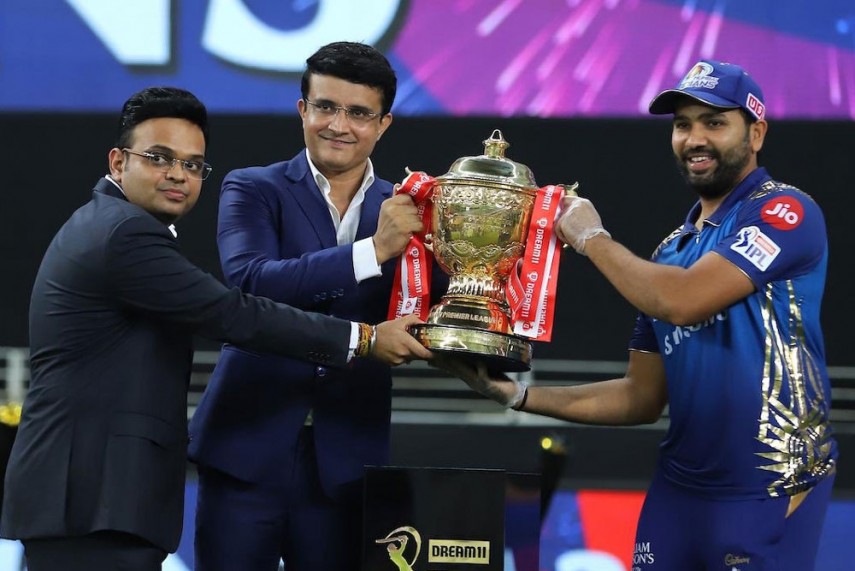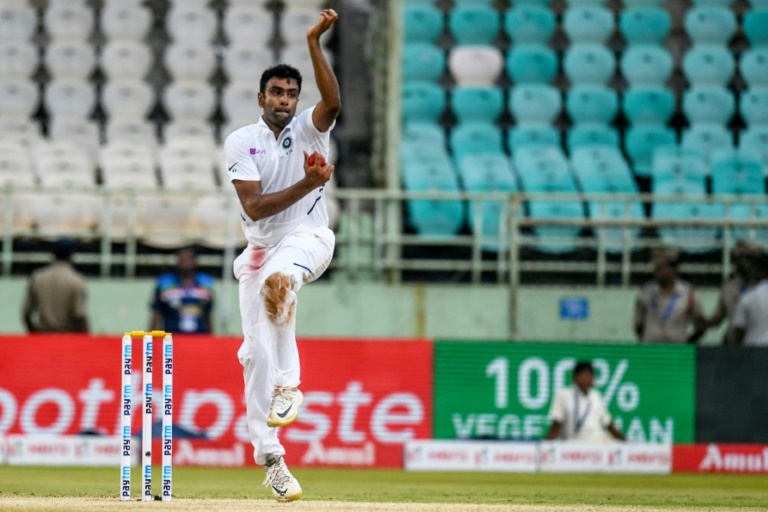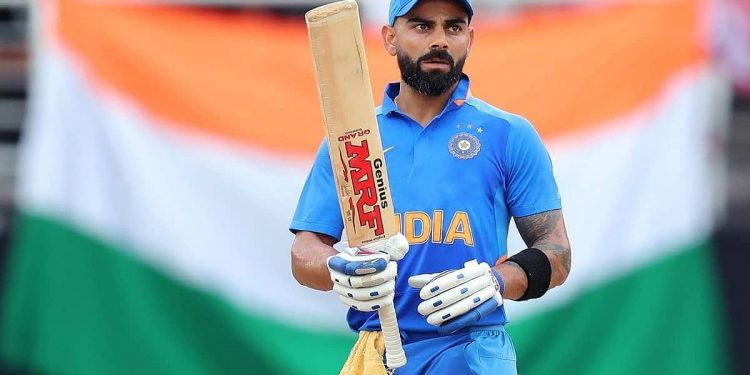Bhubaneswar: The writing on the wall was clear for Virat Kohli. He would have lost captaincy of the team in the white ball format, if India finished anything less, but as champions of the upcoming T20 World Cup. To release the unnecessary pressure which is already affecting his batting, Virat Kohli decided to quit captaincy of the T20 format. In this manner, he remained a step ahead of the Board of Control for Cricket in India (BCCI).
The last few days have been agog with media reports of Kohli quitting captaincy in the white ball format and the BCCI asserting that no such development is on the cards. It is highly unlikely as to why BCCI took such a stand. There can be no doubt, that Kohli must have talked to BCCI top officials including president Sourav Ganguly and secretary Jay Shah before making the announcement Thursday. The decision wasn’t taken at the spur of the moment, it must have been a well-thought process.
Kohli’s decision to quit after next month’s T20 World Cup is certainly an act of self-preservation in terms of getting his mojo back with the bat. However, at the same time, the development seems to be a sign of things to come in the Indian ODI set-up.

And let’s have facts to the fore. Rohit Sharma’s brilliant show with the bat in all formats of the game may have prompted BCCI to think on the lines of a change in the leadership in at least the white ball format. Kohli has mentioned ‘workload management’ as the main reason for quitting captaincy in the T20 format. But then, one has to remember that India play just 20 T20 games till 2023 after the upcoming World Cup. So where does the question of workload management come up. Kohli has maintained that he would captain the Indian side in the other two formats. However, one can’t say with absolute certainty that he will be India’s 50-over skipper going into the 2023 World Cup at home.
“Kohli knew that he would be removed from white ball captaincy. If the team don’t do well at the UAE World T20, he was gone for good as far as white ball leadership is concerned. So he took a pre-emptive move before the board,” a BCCI insider, in the know of things, said. “He just reduced a bit of pressure on himself as it would seem that he is there on his own terms. It might not happen for 50 overs if the performance in T20 hits a downward spiral,” the official added.
As far as batting is concerned, Kohli does not have a century in his last 21 Test innings with 74 as his highest score. He has scored only five half centuries… something which certainly will worry him even though outwardly he is continuing to present a brave face. Kohli considers as the ultimate challenge in batsmanship, so his form will certainly be causing him concern. However, his form in the white ball format has been more than consistent as he has played match-winning knock in both formats in the recent past. So where does the question of ‘workload management’ come in?

There are no marks for guessing that even in the dressing room, Kohli’s deputy Rohit Sharma is considered as a ‘leader’. This is because of the ‘calm assurance’ that Rohit brings to the game. Also as a T20 leader Rohit has been fantastic leading Mumbai Indians to five IPL titles. On the other hand, Kohli is yet to place his hand on the IPL trophy on a single occasion even though Royal Challengers Bangalore have given him the necessary hardware every time.
It is one of the worst kept secrets in Indian cricket that ‘King Kohli’, for some time, has not exactly enjoyed the full support of the dressing room. The handling of Ravichandran Ashwin in the recently cancelled series against England has also not pleased some who matter in the BCCI.

Also Kohli’s style of functioning, according to those who have watched him closely, borders on autocracy. He has very little room for inclusiveness. Be it playing two spinners in the World Test Championship final at Southampton or not letting any player settle down in the No.4 position before the 2019 World Cup, his lack of flexibility has often been talked about in hushed tones.
Kohli did enjoy supreme authority before the Adelaide Test against Australia earlier this year. But the 36 all out and his subsequent paternity break changed a lot of things. Then the youngsters proved that even without Kohli they could construe a turnaround and they did so with elan cementing their place in the side. India were not in full strength for most of the series, yet they beat a full strength Australian side.
“The problem with Kohli is his communication. In case of MS (Dhoni), his room would be open 24×7. Players could just walk in, play the PS4, have a meal and let their hair down and if required talk cricket. Beyond the ground, Kohli is literally incommunicado,” a former India player, who has seen Kohli’s early days of captaincy, has been quoted as saying by a section of the media.
“Rohit has shades of MSD but in a different manner. He takes the junior players out for meals. He gives them a friendly pat on the back when they are down and knows the mental aspects of a player’s make-up inside out,” the ex-cricketer added.
When it comes to handling junior players, the biggest complaint against Kohli is leaving them in the lurch when the chips are down.
“Kuldeep Yadav, after a five-wicket haul in Australia, went downhill. It is the same for Rishabh Pant when he wasn’t in form. Umesh Yadav, a senior bowler, who is a workhorse on Indian pitches, never gets an answer on why he is not considered till someone gets injured? He (Kohli) speaks about communication at media conferences. However, the truth is that he has hardly hand-held any player when they needed their captain the most,” another cricketer, who is privy to Kohli’s chop-and-change policy, said.
It has been learnt that head coach Ravi Shastri has spoken extensively to him and Kohli will now concentrate on his original endeavour. It is to surpass the 100 international hundreds scored by Sachin Tendulkar. It would be difficult to reach 50 Test hundreds but with 44 in ODIs, he can surely rake up a lot more in his pursuit of that world record.
Sources have another interesting tale to tell. They said that Kohli went to the selection committee with a proposal that Rohit be removed from the ODI vice-captaincy as he is 34. He wanted the ODI vice-captaincy to be handed to KL Rahul with Rishabh Pant performing the role in the T20 format. “This didn’t go down well with the BCCI which believes that Kohli doesn’t want an actual successor,” the sources informed.
If the sources are to be believed then the number of Kohli detractors has grown not only within the BCCI, but also within the team. In the past few months, Kohli has managed to alienate more people – the players, the support staff, the national selectors and last but not the least the board mandarins.
The appointment of Dhoni as the ‘mentor’ of the team was just an indication of things to come. It sent out a clear message to Kohli – the time is up.






































